Why Does Your Cat Grunt? (And How Should You Respond)?
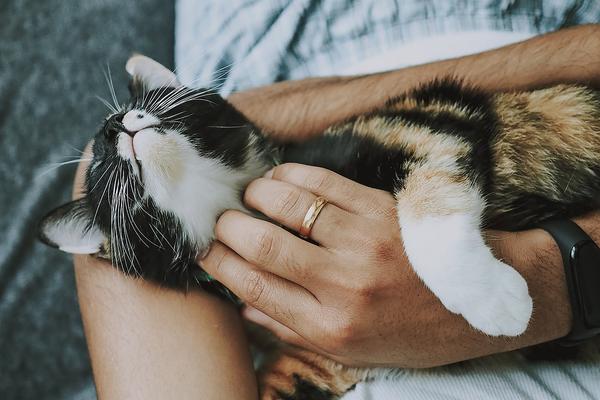
Let me know if you agree:
Ever hear your cat grunt and think, "What in the world is going on down there, Fluffy?" 😺
It's totally normal to worry about our furry friends—after all, who knows what horrors await?
But fear not, let's unravel the mystery together.
Shall we begin?
Reasons Why Cats Might Be Grunting
Is your cat making strange grunting noises?
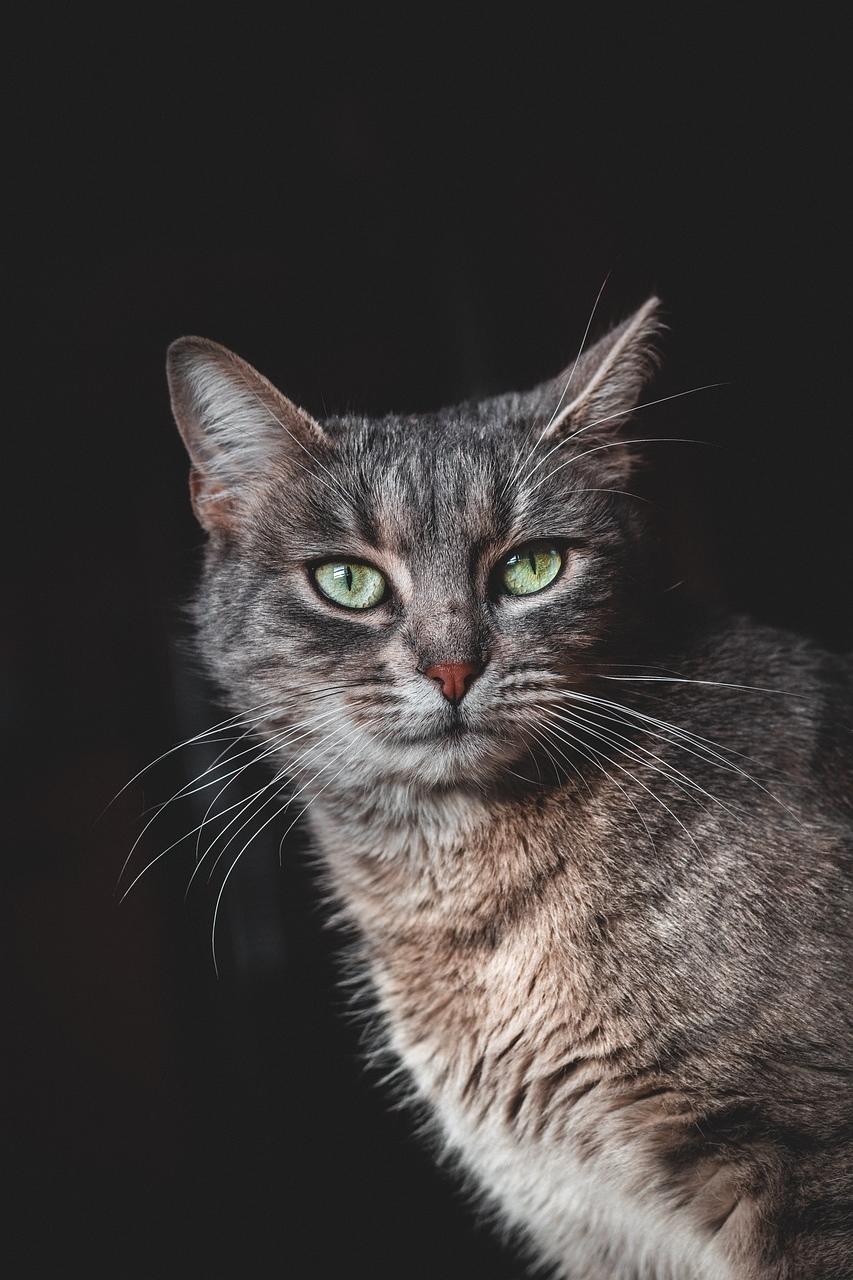
Here's why:
- Your feline friend could be in pain or discomfort, so keep an eye out for any signs of injury or sickness.
- Sometimes, cats grunt as a way to express affection or communicate with their owners, or even with other cats.
- Grunts can also show different emotions like annoyance, hunger, or relaxation.
- Female cats may use grunting to get the attention of their kittens.
- Some cats just naturally prefer grunting instead of purring.
- Pay attention to their body language alongside the grunting; it'll give you clues whether they're being friendly or warning you to back off.
- Keep in mind that other sounds like groaning or grumbling might indicate negative feelings such as unhappiness, anger, fear, or aggression.
- A sigh from your cat can mean contentment, relaxation, or boredom.
- Certain grunts might stem from your cat simply not liking to be bothered or disturbed.
- Lastly, persistent grunting or grunting during breathing could point to potential health issues, digestive problems, pain, or an underlying condition.
If the grunting continues or if your cat shows other worrying symptoms, it's always best to consult your vet.
Main points I'll expand upon further down this article:
- Grunting when petted indicates desire for attention and positive interaction.
- Overstimulation from stroking may result in love bites.
- Grunting during sleep is normal and can be attributed to dreams or obesity.
- Constant grunting during sleep may be a sign of respiratory issues.
- Cats may grunt as a warning or expression of effort.
- Trilling is a sound of warmth and affection.
- Noisy breathing in cats can have various causes, including health issues.
- Cats may squeak due to underdeveloped vocal cords.
- Grunting can serve as a pre-hiss or yowl warning.
- Excessive or unnatural grunting should be checked by a vet.
But what about when your cat starts grunting during petting?
Curious to know why?
Let me satisfy your curiosity...
Why Does My Cat Grunt When I Pet Him?
You may have noticed your cat grunting when you pet them, and it's not as uncommon as you might think.
Here are some reasons why this behavior happens:
- Overstimulation: Cats have sensitive areas on their bodies that can become overstimulated, leading to grunts. Avoid those areas and pay attention to their body language.
- Love bites: Sometimes, cats express their affection through gentle love bites, especially if they're feeling overwhelmed from prolonged stroking.
- Communication: Grunting is a friendly response that indicates a cat's desire for attention and positive interaction with their owner. It allows them to connect and strengthen the bond between you two.
You must note that grunting doesn't always mean your cat is unhappy or in pain. In fact, it can be quite the opposite!
It's their way of showing you that they enjoy your company and appreciate the affection you're giving them.
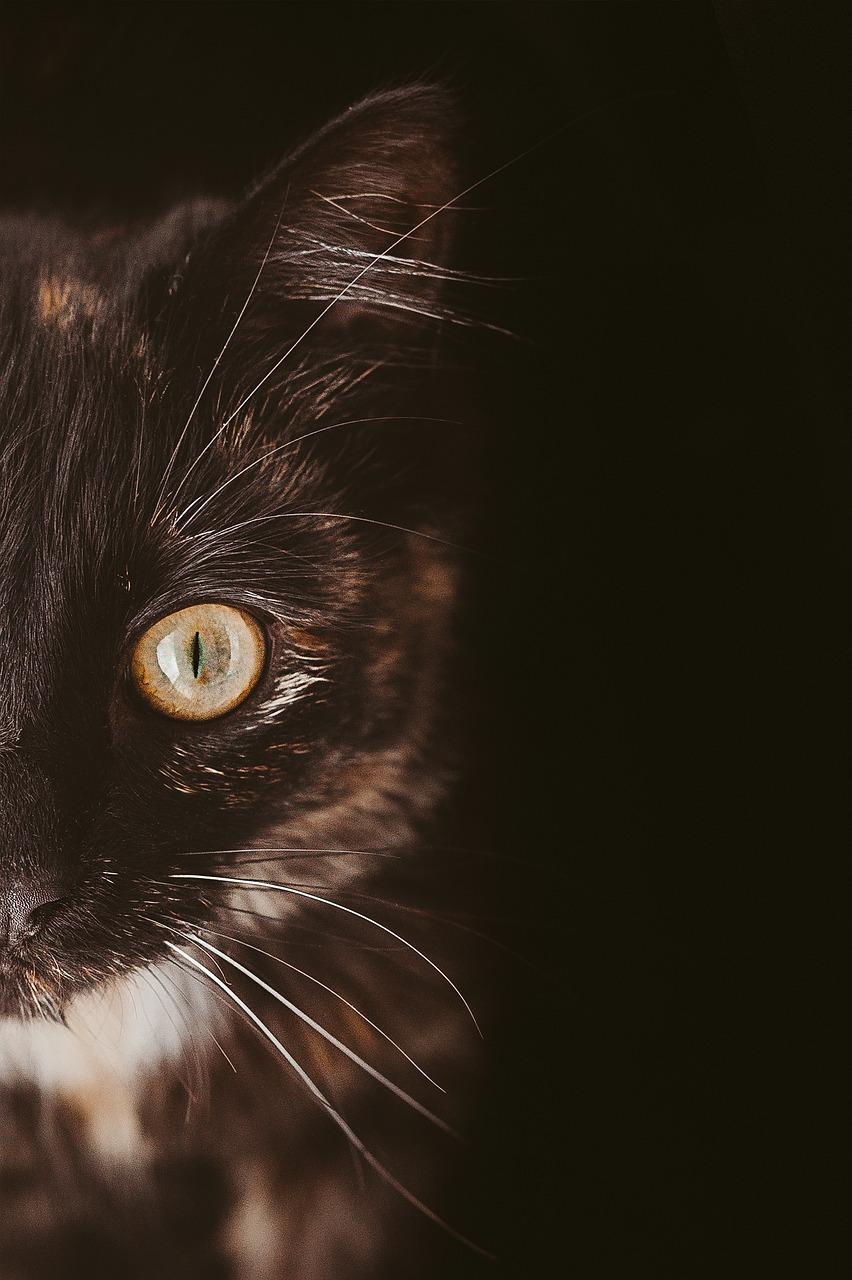
So, next time you hear your cat grunting while you pet them, take it as a sign of their contentment and continue to show them love.
And it gets more interesting when we delve into why cats grunt during their sleep.
Is it just a normal part of dreaming, or could there be underlying respiratory issues at play?
Let's explore this in the next section...
Why Does My Cat Grunt When Sleeping?
Cats may grunt when they sleep for a variety of reasons.
- It's possible that your cat is having a pleasant dream, just like humans. Their grunts could be a sign of the delightful visions playing out in their feline minds.
- Another reason for grunting during sleep could be the movement of muscles during REM sleep. This phase can cause twitching and jerking, which might result in grunting sounds.
- Sometimes, cats grunt simply because they are relaxed. If your kitty is cozy and content, they may let out a few grunts as they drift off into dreamland.
- Occasional grunting during sleep is normal and often occurs due to dreams or obesity.
- However, if your cat consistently grunts while sleeping, there may be an underlying problem. Respiratory issues or narrowed airways in overweight cats could lead to persistent grunting.
- Proper monitoring of your cat's healthcare, exercise, and diet is essential for maintaining their well-being.
- Cats are light sleepers, so disturbing them while they rest or hide can trigger grunting and snoring noises.
- These sounds typically happen when a cat is deeply relaxed or in a deep state of sleep.
- Pay attention to your furry friend's behavior during sleep as it can provide valuable insights into their overall health and happiness.
And if you've ever wondered why your cat grunts while sleeping, you'll definitely want to check out my informative blog post on the topic.
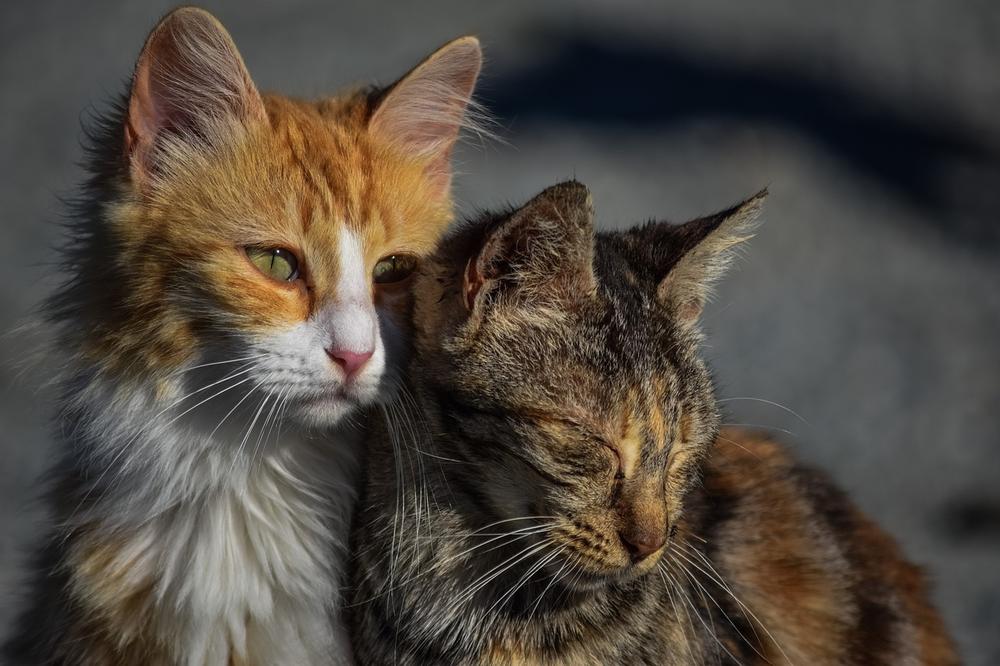
In Why Is My Cat Hiding in the Closet, I delve into another perplexing behavior exhibited by our feline friends.
So, if you're curious about why your cat hides in the closet, give it a read! Trust me, you don't want to miss it.
Why Does My Cat Grunt When He Jumps?
Ever noticed how your cat grunts before pouncing or hunting?
That sound isn't just random noise.
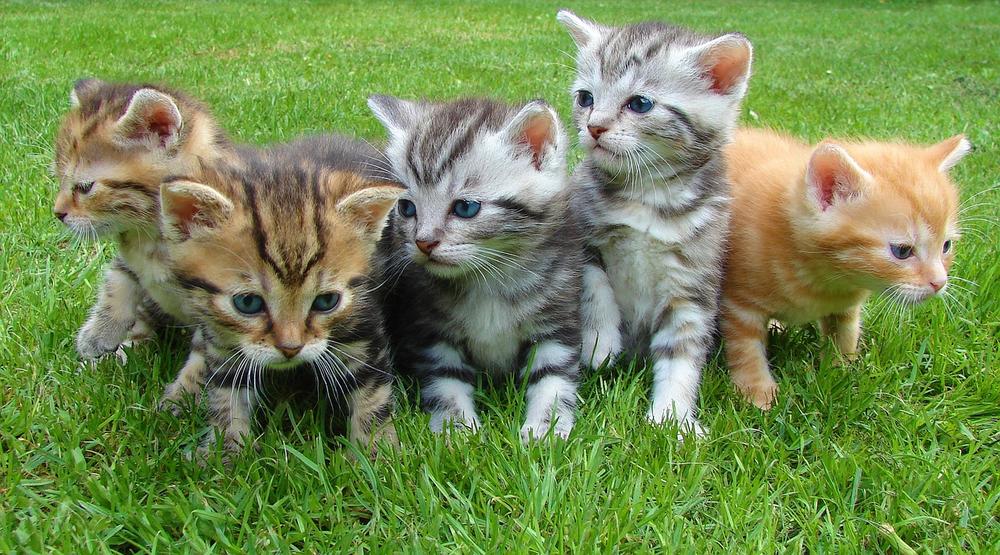
It's a signal, an expression of anticipation and excitement just like when we vocalize during physical exertion.
But it goes beyond that – these grunts can also serve as warnings or expressions of effort.
So next time you hear that unique feline grunt, pay attention!
Your furry friend is trying to communicate something key to you.
Why Does My Cat Say Brrr?
Cats saying "brrr" is actually pretty cute, don't you think?
I'm sure you agree, especially when your own cat does it!
But what does it mean when your cat says "brrr"?
Well, it's a sound they make when they're happy and relaxed—sort of like a purr. And if you've ever heard your furry buddy trill, that's another charming sound they use to show affection and joy.
Trilling is a mix of purring and meowing that signifies their contentment or desire for your attention. Unlike meowing, which usually means they want something or are upset, "brrr" is a sign of happiness and wanting to be with you.
So, the next time your beloved cat goes "brrr," know that they're feeling cozy and content in your presence.
The Meaning Behind a Cat Snorting at You
If your cat snorts at you, don't freak out.
Sometimes, snorting is just their way of reacting to an interesting smell.
However, it could also be a sign of underlying health issues.
Here's what you should know about cat snorts:
- Noisy breathing might mean there's something blocking their airway, like mucus or a foreign object. It could also be due to respiratory infections, asthma, polyps, or parasites.
- Not all vocalizations are related to their health. Sometimes, cats make noise when they're feeling vulnerable or insecure. They might caterwaul to get attention or assert their territory.
- Some cats squeak instead of meowing because their vocal cords are still developing. Others grunt as a warning before hissing or yowling.
- Snoring and grunting could be signs of important underlying conditions, especially if your cat has a flat face and narrow airways.
But if your cat is generally healthy and doesn't have any other breathing problems, don't worry too much about the snorts.
Understanding your cat's vocalizations requires you to observe and interpret their emotions and behaviors.
Every cat is unique, so take the time to learn what's normal for yours. 😺
What to Do About It
Seek veterinary advice if your cat shows concerning symptoms
If you notice your cat grunting and it's accompanied by other worrying signs like difficulty breathing, changes in behavior, or loud caterwauling noises, take action.
You should definitely seek veterinary advice in these cases.
Your furry friend's grunts may indicate pain or illness, while hissing can be a defensive response.
Remember, cats associate actions and behaviors with good or bad events, so react warmly to their noises!
This will help create a positive association.
However, don't ignore excessive or unnatural grunting, howling, or screaming, as those could be serious indicators of underlying issues.
It's best to visit the vet to ensure everything is alright.
Record videos to provide better information to the vet
Here's an interesting point:
Recording videos of your cat while it's grunting can actually be really helpful for assessing the situation.
Visual evidence gives the vet a clearer understanding of what's going on.
Sometimes, describing an issue can be difficult, but a video can speak volumes.
So grab your phone and capture those grunts!
It'll provide valuable insight during your vet visit.
Don’t overlook potential health concerns
Obesity in cats is no joke.
It can lead to various health problems, including arthritis, diabetes, skin disease, and even fatty liver.
If you suspect a health problem, it's best to consult a professional for assistance.
After all, your cat's well-being is at stake.
Also, remember that recording videos can play a significant role here too.
By visually observing any changes through recorded videos, your vet can better understand any underlying issues that may be difficult to describe.
Take action now, for the sake of your furry companion!
And that wraps up today's article.
If you wish to read more of my useful articles, I recommend you check out some of these: Why My Cat Humps Me, Do Cats Eat Their Own Poop, Will Male Cats Try to Mate Hump With Other Males, Do Kittens Bite When Teething, and Is Purring Involuntary in Cats
Talk soon,
-Sarah Davis